Hematology
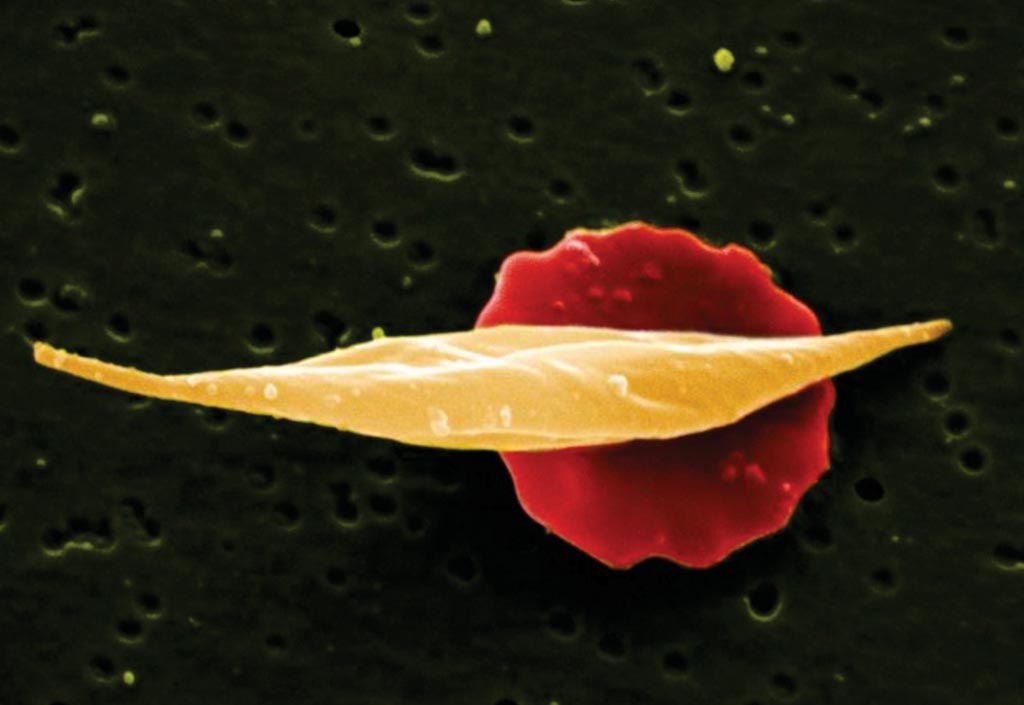
Infections Identified in Pediatric Sickle Cell Disease
Sickle cell anemia is a hereditary disorder of autosomal recessive inheritance that is characterized by sickle-shaped red blood cells. It is the most common type of hemoglobinopathy and is the result of a mutation in the β-globin chain gene that results in creating sickle hemoglobin (HbS) instead of the normal adult hemoglobin (HbA). More...21 Mar 2019
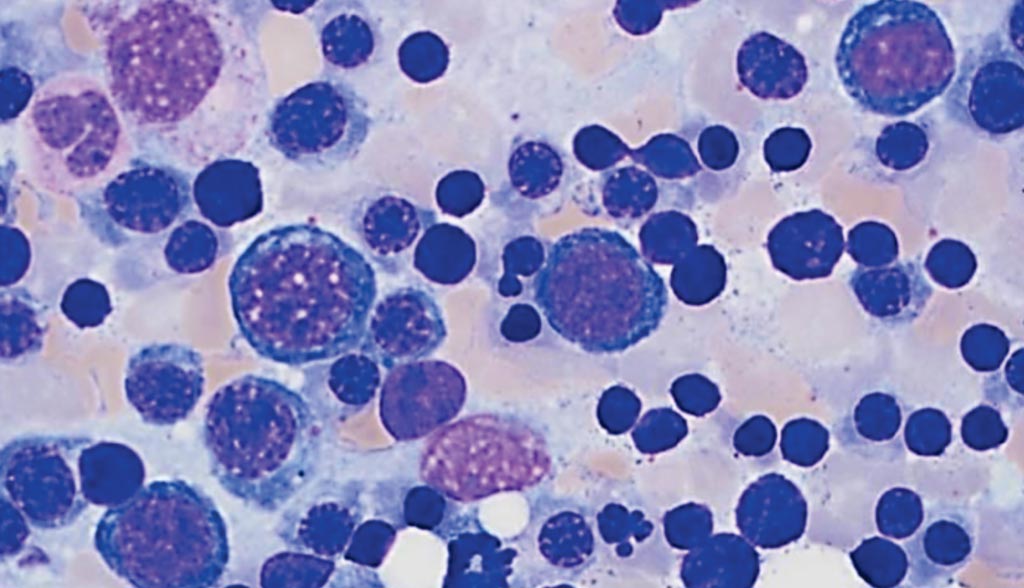
Significant Hemolysis Not Required for Thrombosis in PNH
Paroxysmal nocturnal hemoglobinuria (PNH), a rare hematological condition, presents with hemolytic or thrombotic symptoms. Cumulative thrombosis incidence in PNH over an eight to ten-year period is 23% to 30%, 20% of patients have multi-site thrombosis and 10% present with thrombosis. More...19 Mar 2019
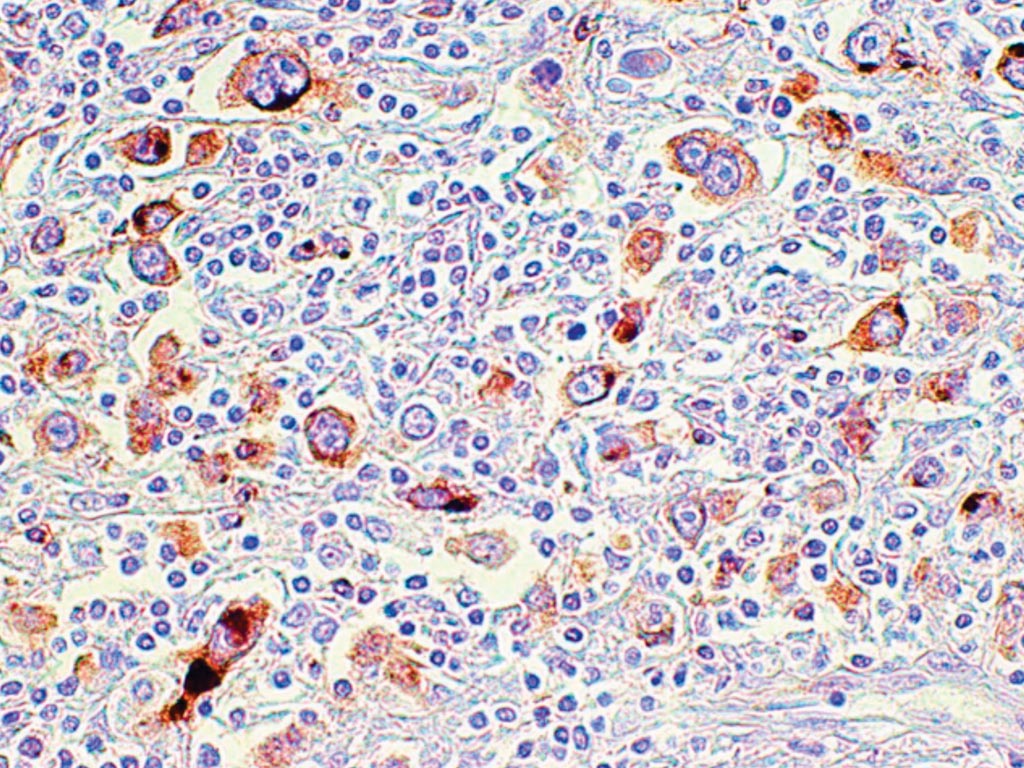
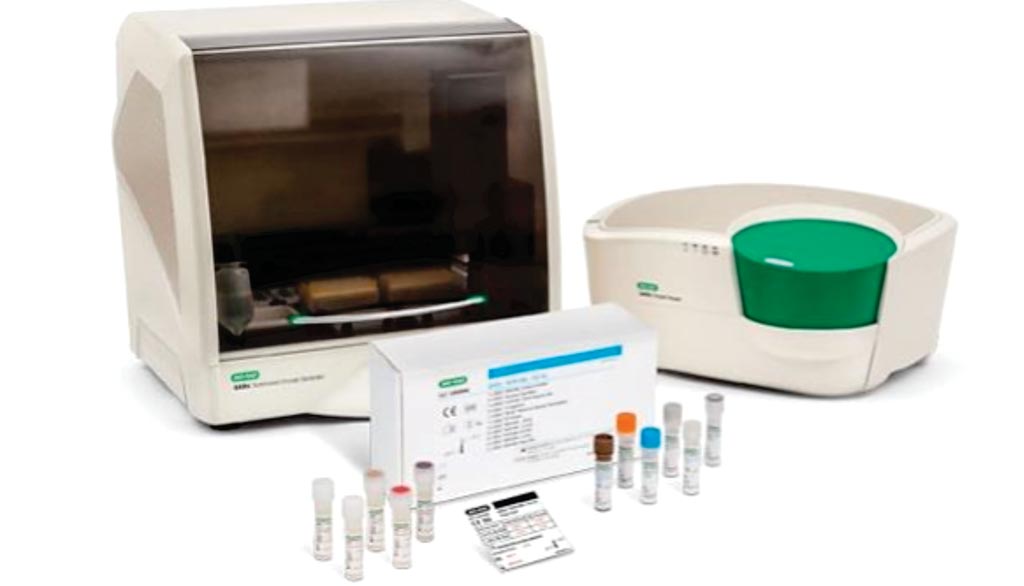
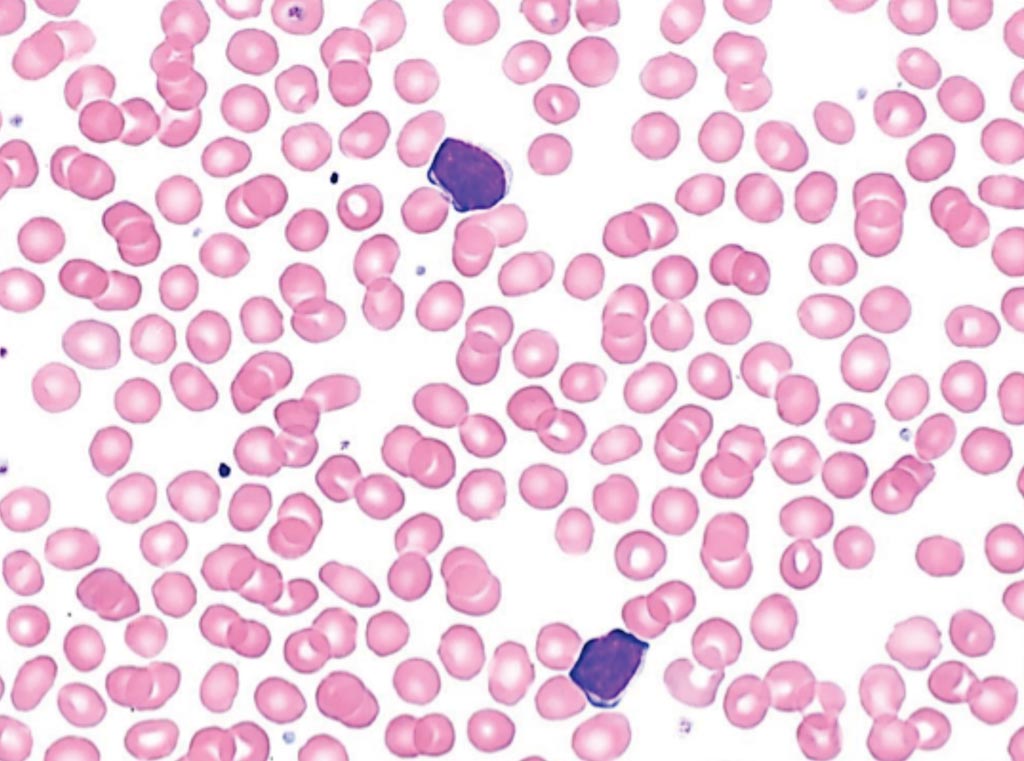
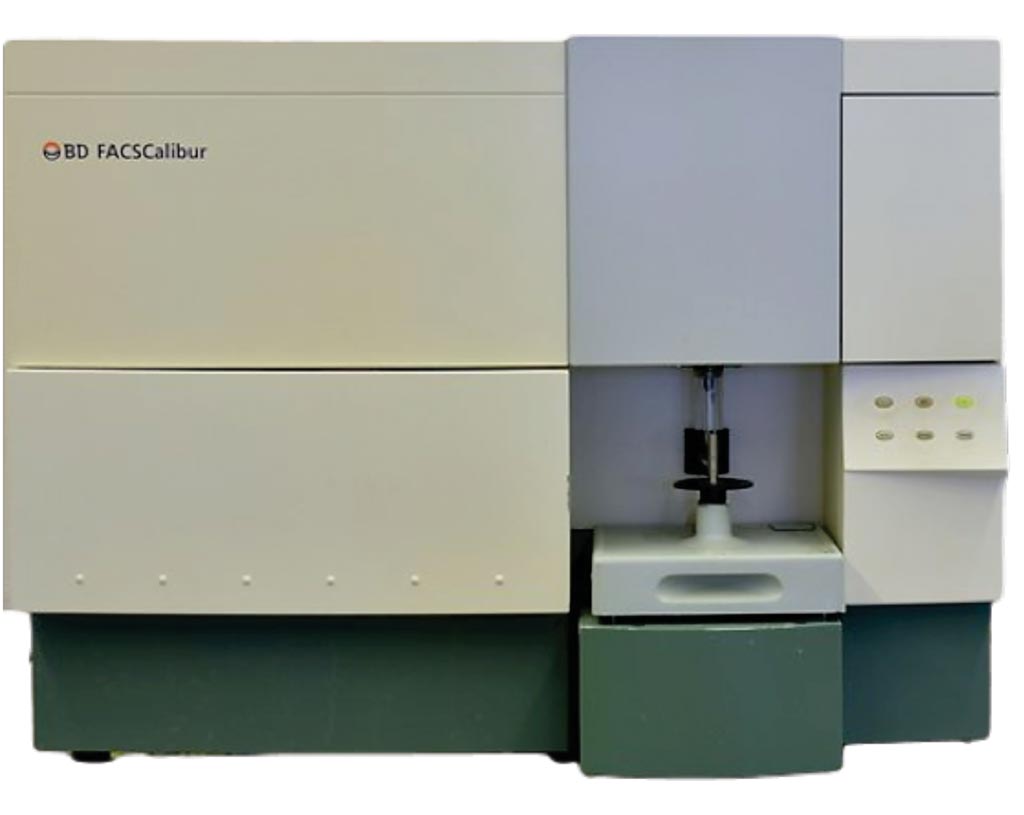
Peripheral Blood Flow Cytometry Classifies Pediatric Acute Leukemia
Historically, flow cytometry performed on the bone marrow aspirate (BMFC) has been the standard for the immunophenotypic characterization of acute leukemia. Recent data have demonstrated the high sensitivity and specificity of peripheral blood flow cytometry for the diagnosis of pediatric leukemia. More...25 Feb 2019
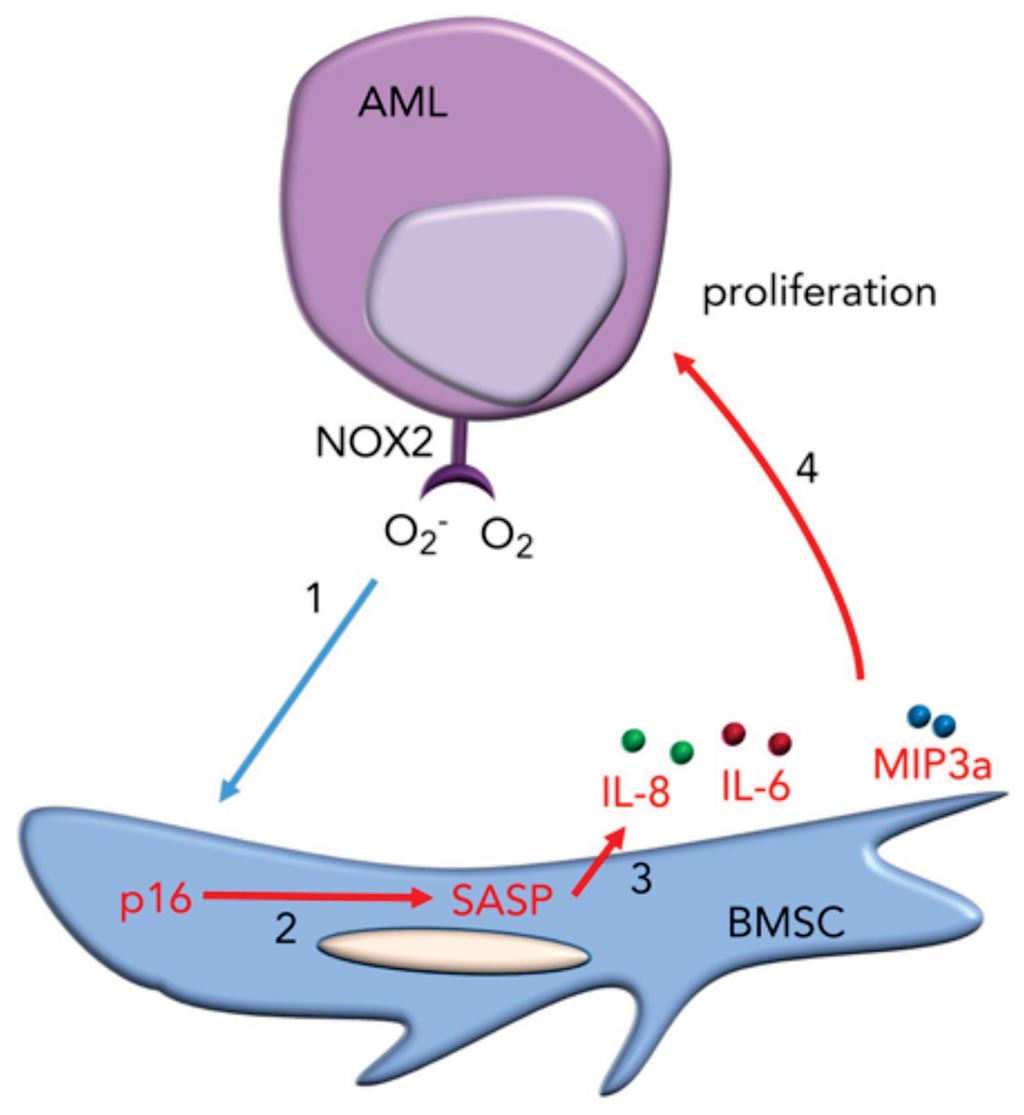
In Other News
Hypersegmented Neutrophils Associated with Reduced Lung Function
Assays Detect Inherited Blood Disorders Associated with Malaria
Automated Malaria Diagnosis Evaluated Using Autoanalyzer
Tumor Sequencing Finds Mutations Caused by Blood Disorder
New Definition for Plasma Cell Leukemia Proposed
Howell-Jolly Body-Like Inclusions Correlated with Myelodysplastic Syndrome
Genetic Marker Predicts Early Relapse in Pediatric ALL
Macrocytic Anemia Associated with HBV Liver Impairment Severity
Potential Screening for Tailoring Treatment of AML
Unique Genetic Makeup of Myeloma Tumor Cells Profiled
Plasmodium vivax Isolated in Duffy Negative Individuals
Transfusions with Older Blood Linked to Adverse Events
Acute Myeloid Leukemia Regulatory Networks Identified
Malaria Parasitaemia Correlated with Monocyte to Lymphocyte Ratio
Rapid Test for Sickle-Cell Disease Evaluated
RNA Defects Linked to Multiple Myeloma Progression
Blood Compatibility Assay Approved by FDA
Functional Genomic Landscape of AML Analyzed
Myeloproliferative Neoplasms Fall into Genetic Subgroups
Prognostic Value of Blood Cell Counts Investigated
Multiple Myeloma Subtypes Linked to Patient Ancestry
Molecular Diagnostics Prevents Malaria in Blood Banks
Next-Gen Test Authorized for Minimal Residual Disease
The Hematology channel at LabMedica covers the all aspect of plasma, coagulation, transfusion medicine, and blood banking, as well as related lab tools and techniques.










